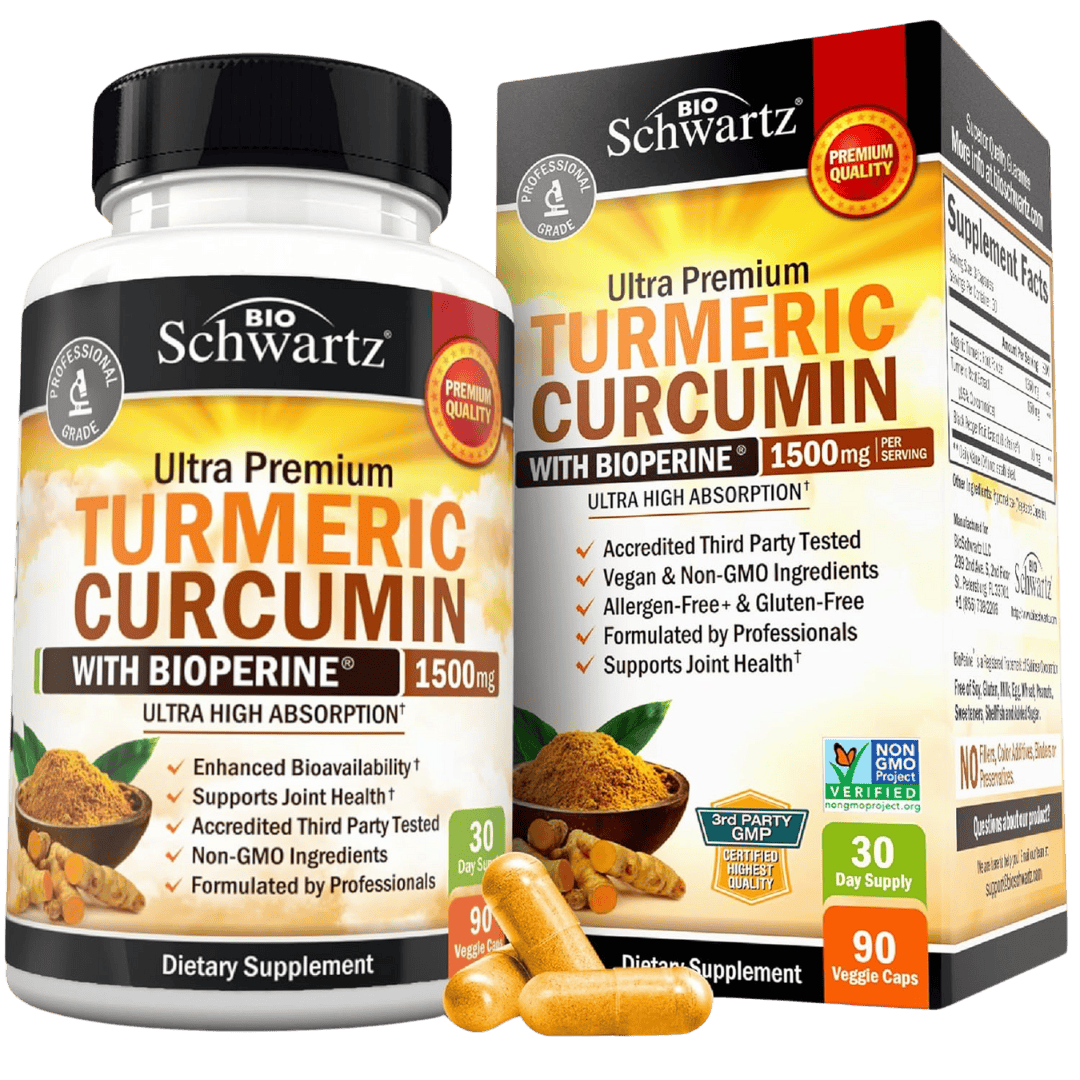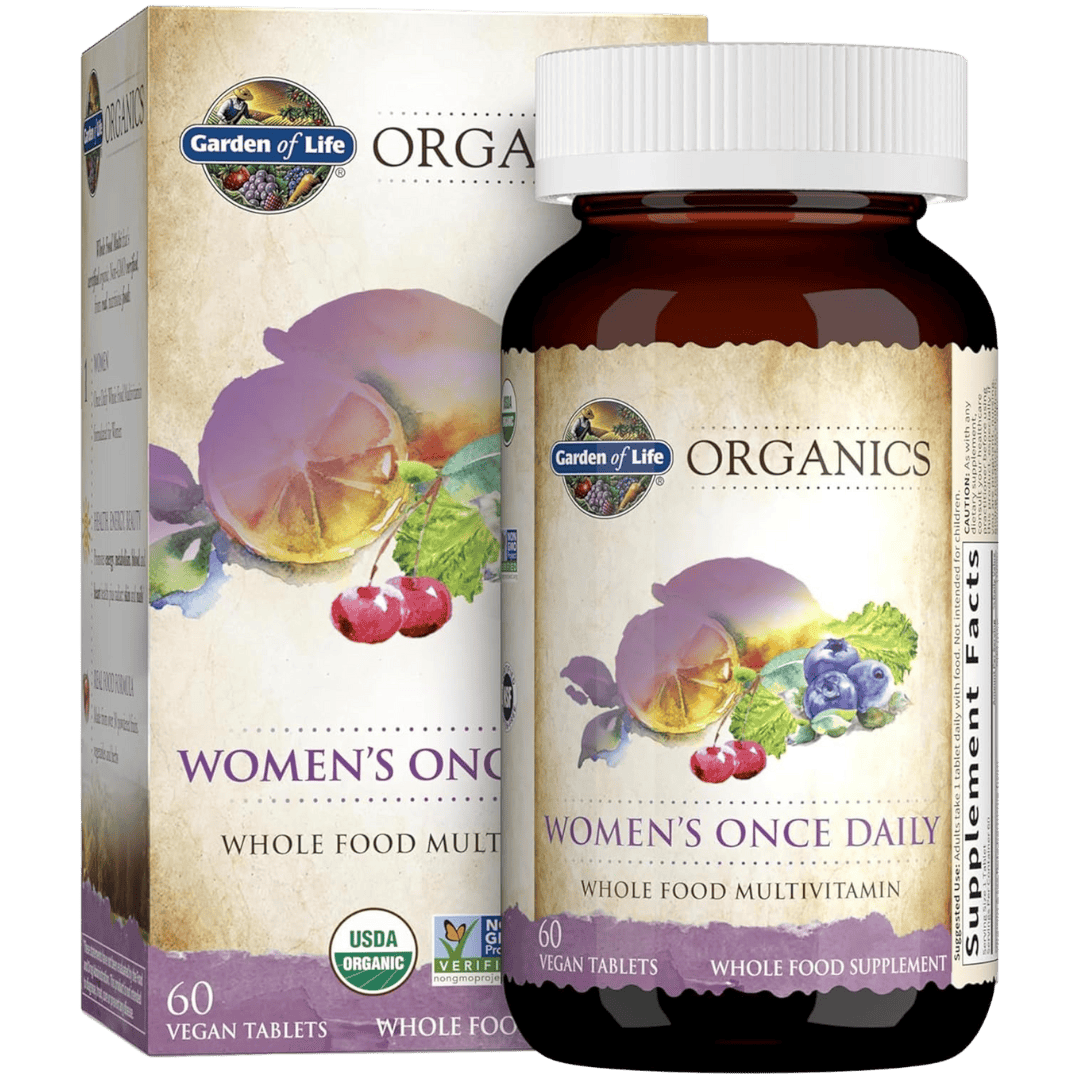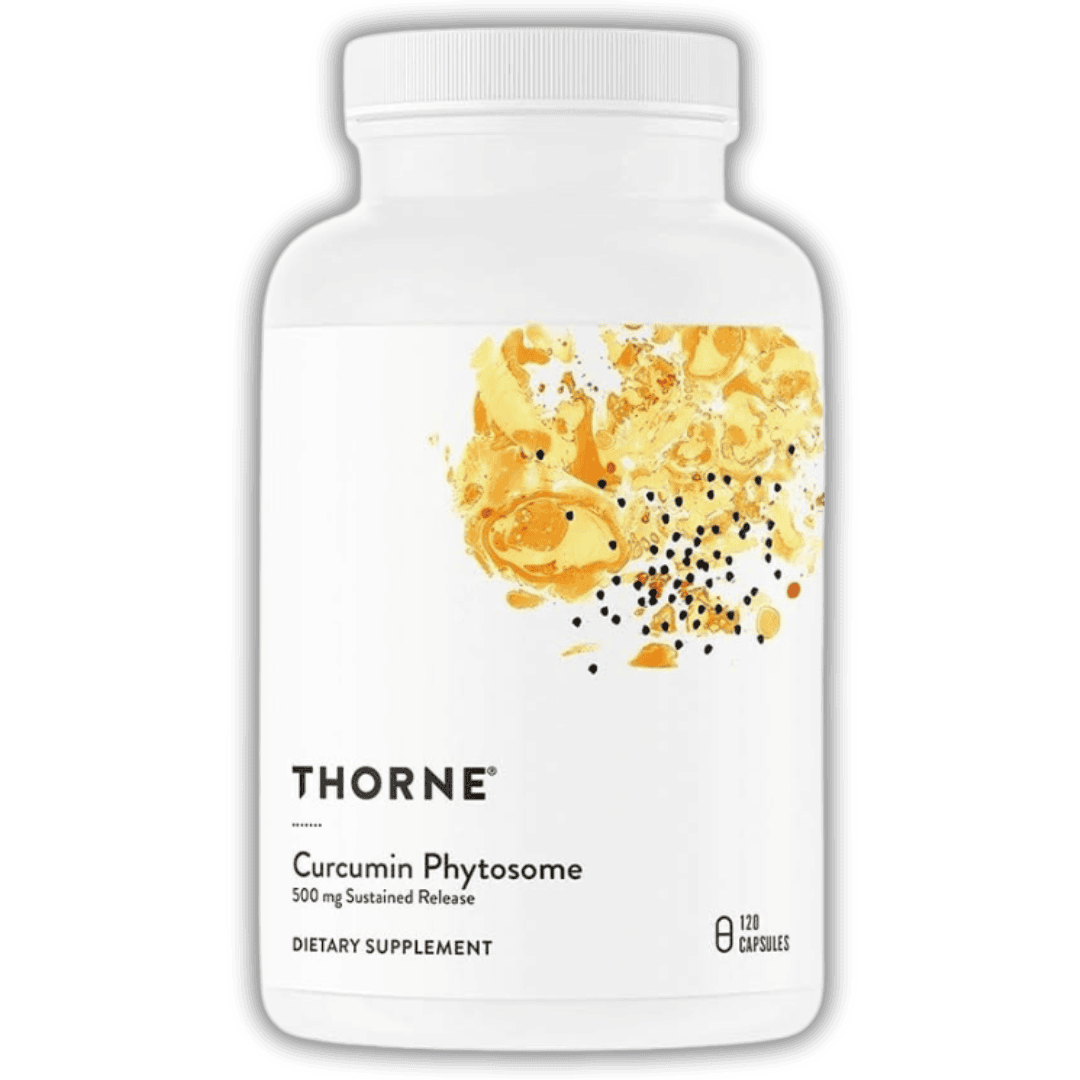Turmeric and MGUS: Can Curcumin Help Support Your Immune System Naturally?

Discover how turmeric and curcumin may help support your immune system, ease inflammation, and empower your MGUS journey.
Being diagnosed with MGUS — monoclonal gammopathy of undetermined significance — can feel like landing in a medical gray zone. It’s not cancer, but it’s not nothing either. You’re told to monitor it, maybe get some bloodwork every few months, and carry on with life as usual. But if you’re like many people, that advice leaves you with more questions than answers.
Naturally, you start looking for ways to support your health. You’re not alone — and one of the most talked-about natural options is turmeric, or more specifically, curcumin, the active compound found in turmeric. Known for its anti-inflammatory and antioxidant properties, turmeric has gained attention as a supplement that may help support the immune system and reduce inflammation — two areas of interest for anyone living with MGUS.
So what’s the connection between turmeric and MGUS? Can curcumin actually do anything meaningful for your body? Is it safe? How much should you take — and what’s hype vs. helpful?
In this post, we’ll walk through those questions together. You’ll learn:
What turmeric and curcumin actually do
Whether there’s scientific support behind using them for MGUS
How to choose a quality turmeric supplement
What to watch out for (and when to talk to your doctor)
This isn’t about promising miracles — it’s about giving you clear, evidence-based information so you can make informed decisions.
If you’re new to this diagnosis, check out our no-nonsense guide: What the F#@K is MGUS?
Let’s take a closer look at how turmeric fits into the bigger MGUS picture.

What is MGUS and Why Immune Support Matters
MGUS, or monoclonal gammopathy of undetermined significance, is one of those diagnoses that sounds serious but confusing. And in many ways, it is. It means your body is producing an abnormal protein in the blood, known as an M-protein, made by a small group of plasma cells.
The condition itself is usually asymptomatic — most people find out they have MGUS by accident during routine bloodwork. But MGUS isn’t something to ignore. It’s considered a precursor to multiple myeloma, a form of blood cancer. The risk of progression is around 1% per year, which means many people live with MGUS for decades without ever developing a more serious condition.

Still, that “wait and see” approach can feel unsettling.
Doctors often recommend regular monitoring, which might include blood tests every few months to check for changes in your M-protein levels or other warning signs. But while you’re waiting, it’s only natural to ask: Is there anything I can do to support my body in the meantime?
That’s where immune health comes into focus. Researchers believe that chronic inflammation and immune system dysregulation may play a role in the progression of MGUS to multiple myeloma. And that’s why many people explore natural strategies like turmeric to see if they can support their health proactively.
Learn more about how MGUS is diagnosed, monitored, and what signs to watch for in our detailed post: MGUS Diagnosis Demystified: Unlocking Your Health Journey
And if you’re curious about the science behind inflammation and MGUS, the Mayo Clinic’s MGUS overview gives a solid breakdown of what’s happening in your blood.
What is Turmeric and What Makes Curcumin Special?
Turmeric is more than just a colorful spice used in curries — it’s been a staple of traditional medicine for thousands of years. At the heart of its potential health benefits is curcumin, the active compound that gives turmeric its vibrant yellow color and reputation as a natural anti-inflammatory.
Curcumin has been widely studied for its ability to:
Reduce inflammation
Neutralize free radicals (thanks to its antioxidant effects)
Support the immune system
Modulate certain cellular pathways linked to chronic disease
This is why turmeric is often explored for conditions where chronic inflammation plays a role — from arthritis to metabolic syndrome to cancer support protocols.
But here’s the catch: curcumin is not easily absorbed by the body. If you take plain turmeric powder, very little of the curcumin actually makes it into your bloodstream. That’s why quality supplements often include black pepper extract (piperine), liposomal delivery, or phytosome technology to boost absorption.
As for how much to take? Research and supplement guidelines often suggest anywhere from 500 mg to 2,000 mg of curcumin per day, depending on the formulation and your goals. Starting with a lower dose is smart — especially if you’re taking medications or have health conditions to consider.
For people with MGUS, the interest in turmeric comes down to its potential to help calm systemic inflammation and support a balanced immune system — both areas that may influence disease progression or quality of life.
We’ll dive into that connection next, but if you want to learn more about curcumin’s biological effects, Memorial Sloan Kettering’s turmeric profile gives a solid, science-based overview.
So, what does the research say about turmeric and MGUS — or even multiple myeloma? Let’s look at the evidence.
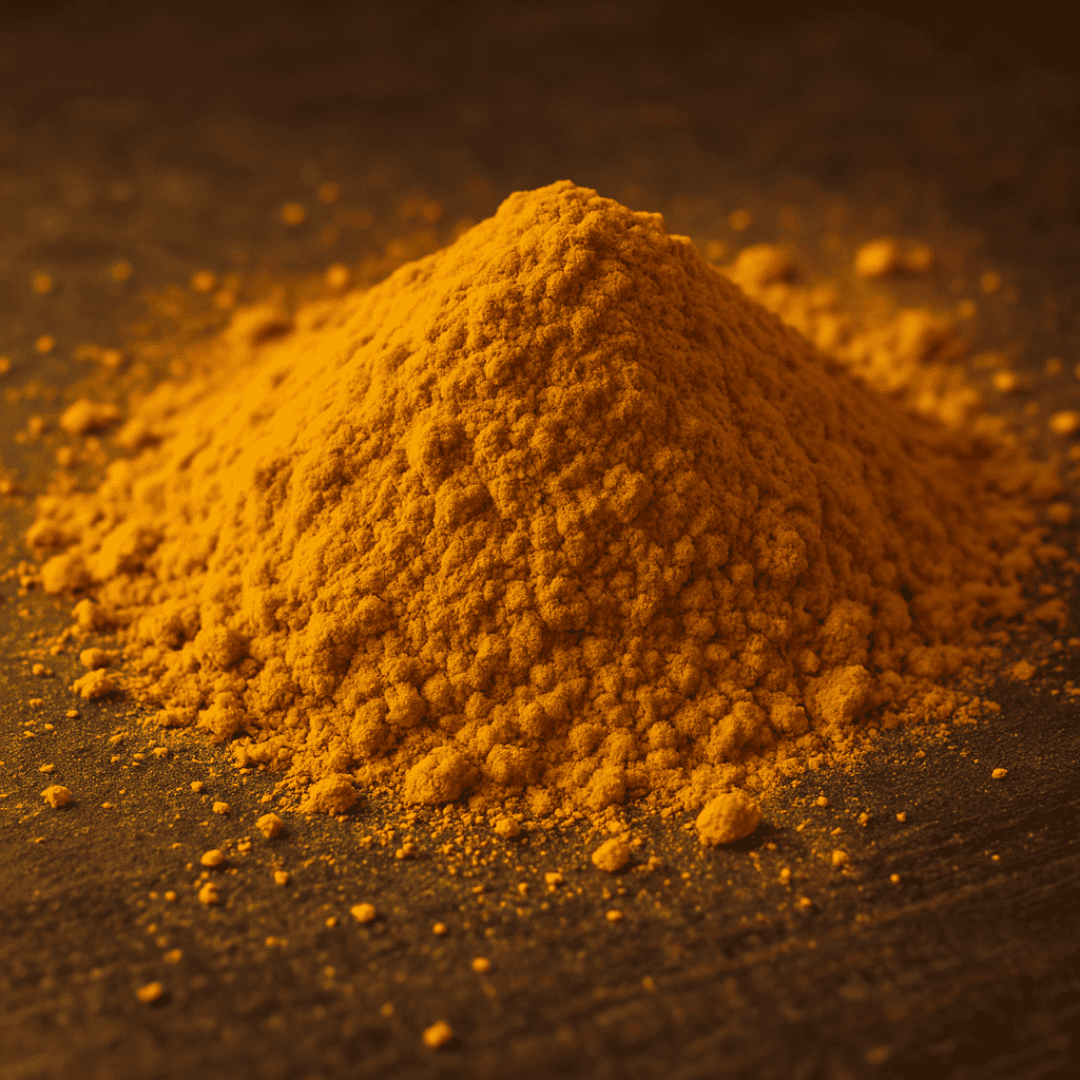
Is There a Link Between Turmeric and MGUS or Multiple Myeloma?
So — is there a real connection between turmeric and MGUS? Can curcumin actually help support your body if you’ve been diagnosed?
Let’s get one thing out of the way first: there are currently no clinical studies directly testing turmeric or curcumin in MGUS patients. That said, there’s growing interest because of curcumin’s impact on two areas that do matter: inflammation and immune system regulation.
Why is that important? Because chronic inflammation is believed to be one factor that may contribute to the progression of MGUS into multiple myeloma or other related disorders. And when researchers look at curcumin, they see promising signs that it can help reduce inflammatory markers, calm overactive immune responses, and support the body’s natural cellular balance.
In fact, one study published in Clinical Cancer Research found that curcumin inhibited the growth of multiple myeloma cells in vitro — that means in a lab, not inside the human body, but it still points to interesting possibilities. Read the study here.
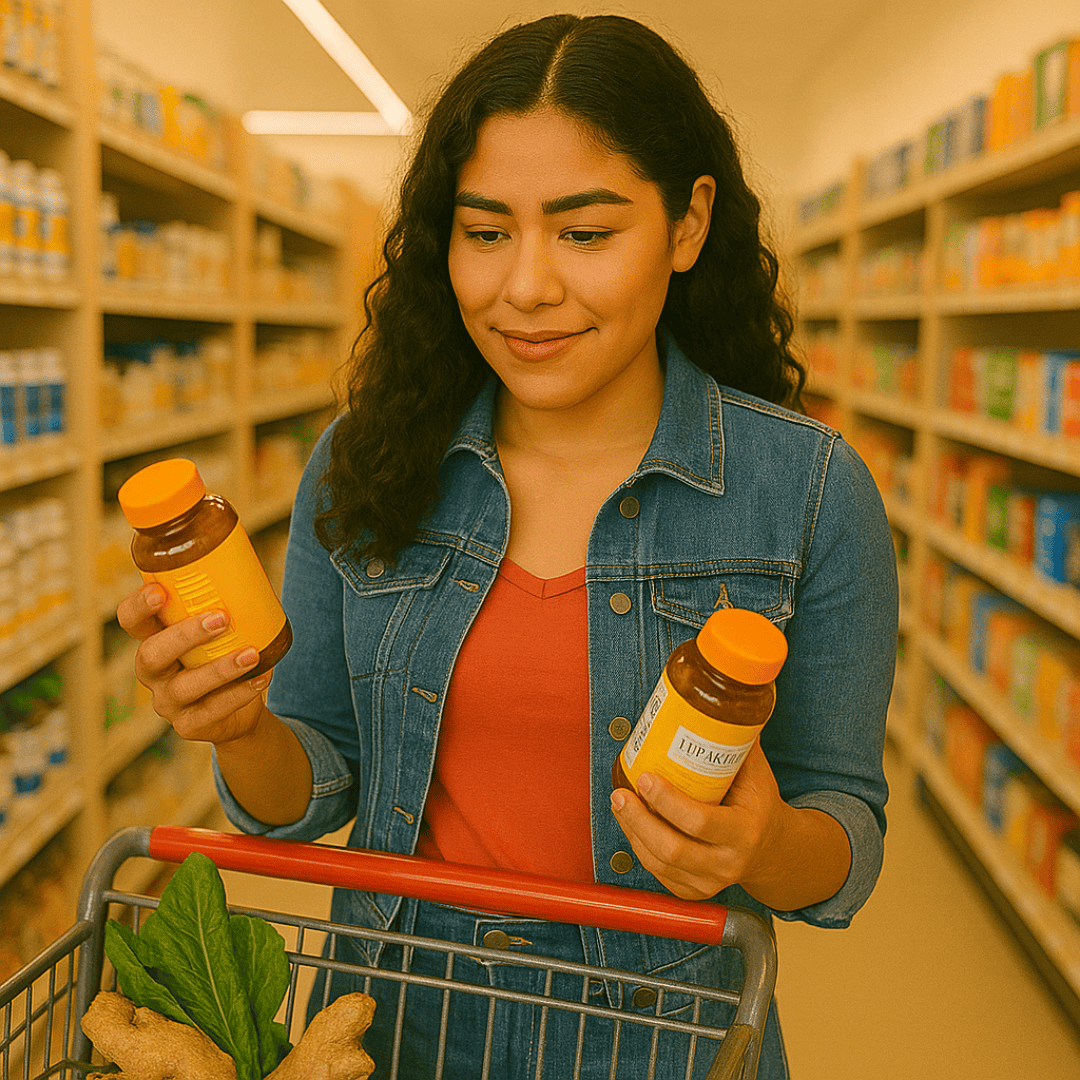
Other research suggests curcumin may:
Inhibit inflammatory enzymes like COX-2
Promote apoptosis (the death of unhealthy cells)
Suppress tumor-promoting pathways in early cancer models
These effects are why curcumin is sometimes used as part of integrative cancer care protocols, especially in the early stages of conditions like smoldering multiple myeloma.
But here’s the key: curcumin is not a cure — and it shouldn’t be treated like one. What it may offer is a gentle, science-informed tool to support your body’s natural defenses and inflammatory balance, especially when used alongside a healthy lifestyle and regular MGUS monitoring.
Want to understand the differences between MGUS and multiple myeloma? Read this comparison guide.
If turmeric sounds worth exploring, the next step is knowing how to choose the right supplement. Not all of them are created equal — and quality matters.
Choosing the Right Turmeric Supplement for MGUS Support
If you’re considering trying turmeric to support your health while living with MGUS, it’s important to know what to look for. Not all turmeric supplements are created equal — and some might not do much of anything.
Here’s what matters most when choosing a high-quality turmeric supplement:
What to Look For:
Standardized curcuminoids: Ideally 95% — this ensures the active ingredient is actually present in therapeutic amounts.
Enhanced absorption: Look for ingredients like black pepper extract (piperine) or liposomal delivery to help your body absorb the curcumin.
Third-party testing: To ensure purity and quality.
Clean label: No fillers, artificial dyes, or sketchy additives.
You’ll also want to consider your personal needs — for example, some blends include ginger for added anti-inflammatory support or magnesium to help with muscle and nerve function.
Recommended Turmeric Supplements
The links below are affiliate links. As an Amazon Associate, I earn from qualifying purchases — at no extra cost to you. Thanks for supporting The MGUS Diet.
1. BioSchwartz Turmeric Curcumin with BioPerine – 1500mg
A top-rated choice with 95% standardized curcuminoids and black pepper extract for better absorption. Third-party tested, non-GMO, and budget-friendly — a solid, no-frills option for daily use.
2. Thorne Meriva-SF Curcumin Phytosome – Enhanced Absorption
Ideal for those who need extra bioavailability, this patented formula binds curcumin to a phytosome for up to 29x greater absorption. Clean, clinical-grade ingredients trusted by healthcare professionals.
3. Garden of Life Turmeric – Fermented Whole Food Blend
If you prefer something more natural, this formula includes organic turmeric, fermented ginger, and trace minerals — all delivered in a whole-food base. Certified organic and great for sensitive stomachs.
Before starting any supplement — even a natural one like turmeric — be sure to talk with your healthcare provider, especially if you take medications like blood thinners or manage other conditions.
Next, let’s cover some safety basics so you can move forward with confidence.

Are There Any Risks or Interactions?
Turmeric may be natural, but that doesn’t mean it’s risk-free — especially in concentrated supplement form. The good news is that for most people, turmeric is very well tolerated. But like anything that affects inflammation and the immune system, it’s important to understand how it might interact with your body and your medications.
Potential Side Effects
While rare, high doses of curcumin may cause:
Upset stomach or bloating
Mild nausea or diarrhea
Dizziness or fatigue (in very sensitive individuals)
These side effects usually show up only when people take more than the recommended daily amount — typically above 2,000 mg per day.

Medication Interactions to Watch Out For
If you’re taking medication for any of the following, you should speak with your doctor before adding turmeric to your routine:
Blood thinners (e.g., warfarin, aspirin)
→ Curcumin may increase bleeding riskDiabetes medications
→ May enhance blood sugar-lowering effectsAntacids or stomach acid reducers
→ Turmeric can affect stomach acid levelsIron supplements
→ May slightly reduce iron absorption in high doses
Also, if your supplement includes added ingredients — like magnesium, ginger, or zinc — consider spacing them out from your other vitamins to avoid minor absorption interference.
Check With Your Doctor First
Especially with a condition like MGUS — where you’re closely monitored but not actively treated — it’s smart to keep your care team in the loop. Supplements like turmeric can be part of a supportive wellness strategy, but they should complement, not replace, professional medical guidance.
In the final section, let’s bring everything together and talk about what to do next.
Conclusion and Next Steps
Living with MGUS can be a strange experience — not quite a diagnosis that demands action, but not something you can just ignore either. That gray area often sparks a natural question: What can I do to support my body while I wait and watch?
That’s where exploring tools like turmeric and curcumin makes sense. While the science around MGUS specifically is still emerging, the potential of turmeric to support immune balance and reduce inflammation is well-documented in broader research. And for many, it offers a small but meaningful step toward feeling more in control.
Is turmeric a magic bullet? No. But it may be a helpful piece of the puzzle — especially when combined with a healthy diet, regular MGUS monitoring, and open communication with your healthcare provider.
Next Steps You Can Take:
Talk to your doctor about trying a turmeric supplement
Choose a product with good bioavailability and clean ingredients
Stay consistent with your checkups and bloodwork
Keep learning about how to support your body with MGUS
Support Your MGUS Journey — Naturally
Top picks for turmeric and immune balance. Trusted, researched, and easy to start with.
Whether you’re just beginning your MGUS journey or looking to feel more confident in your choices, small steps like choosing the right supplement can make a big difference. We’re here to help you make informed, thoughtful decisions — naturally and confidently.

